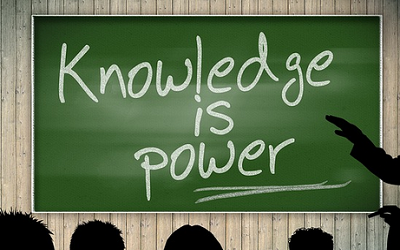Some people think rote learning (memorization of information through frequent repetition) is not useful for schools today.To what extent do you agree or disagree?
For years, educators have been complaining about the adverse effects that the traditional technique of rote memorization has exerted on schooling.
Overemphasis on rote memorization, doubtless, inhibits the learning process. Once young students acquire the data they need, they tend to stop there if they are not encouraged to analyse this data. Essentially, education that overemphasises rote learning makes students worship the taught “facts”, just as the European clergy did with their holy scriptures in Medieval times and as the test-takers in China did with the Confucian orthodoxy in the Ming and Qing Dynasties.举例子,注意词汇。 Even so, I believe rote learning still holds certain unique advantages, which mainly have to do with practicality.
Day-care and kindergarten children and lower-elementary students are far better at remembering data than at comprehending concepts and theories. So as a learning process, merely committing information to memory through repetition would be more realistic and more efficient for children in this age group than understanding abstractions at such a young age.
Even for upper-elementary, secondary school students and university undergraduates whose main task is to develop a more independent mind, rote learning also carries certain benefits. For instance, the grammatical points in language learning, historical and geographic facts as well as physical and chemical equations all require certain amounts of rote memorization before they can be actively applied by the students.
Thus, I would argue that rote learning can be beneficial when it is not regarded as an end in itself, but as the process of laying the groundwork for the subsequent acquisition of conceptual knowledge and the development of critical thinking skills.





